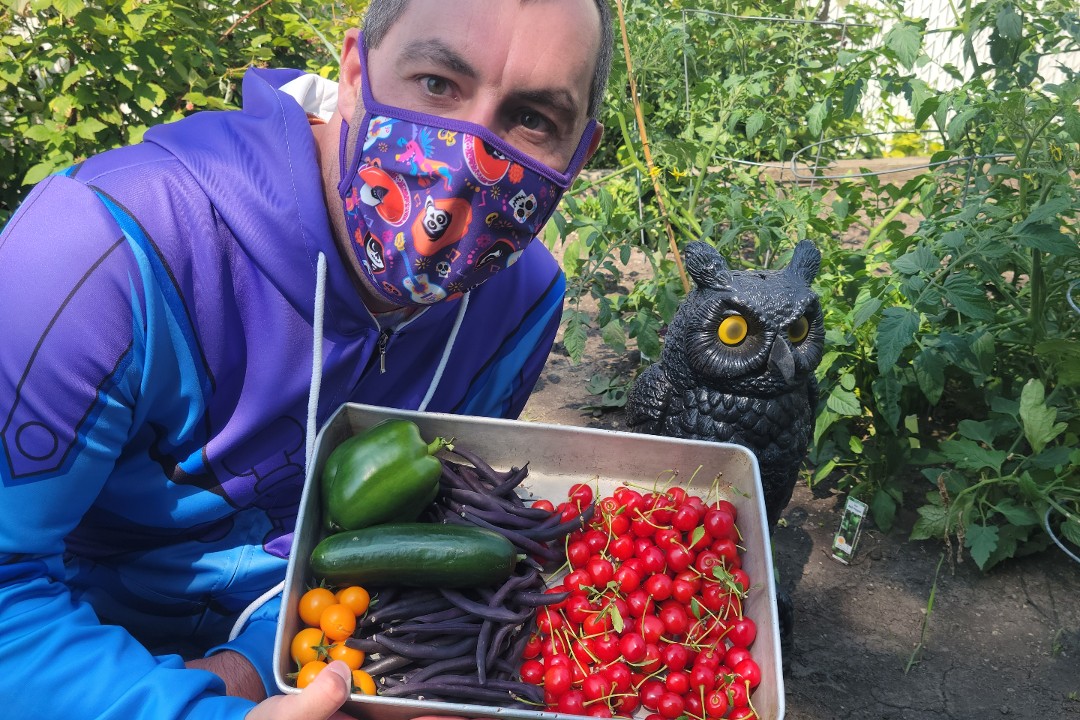
Seeds for Seniors seeks help from Edmonton gardeners
With Edmonton's low-income seniors struggling with rising food costs, a local group is in search of volunteers to support its community gardens.
Seeds for Seniors supplies at-risk seniors with produce grown at the five inner-city seniors' residences operated by Operation Friendship Seniors Society as well as half a dozen backyard gardens, said Seeds for Seniors founder Gabby Hay-Byers.
"People either plant extra for us or, when they have excess, we'll take the food to facilities where seniors are living independently and have their own kitchenettes," she told Taproot.
This year, Hay-Byers anticipates growing at least $2,500 worth of produce at the seniors' residences and about $1,300 in partner gardens in the community. Now that the growing season has begun, Hay-Byers is searching for more volunteers to ensure the community gardens thrive.
"The weeding gets to be a lot," she said, noting that volunteers can help out with any aspect of gardening. No experience is required, as guidance is provided by herself, other volunteers, and the seniors themselves, many of whom are experienced gardeners. One of the gardens is overseen by a retired farmer, in fact.
The growing season is off to a good start, but there's a lot at stake with this year's yield given the economic challenges facing those on fixed incomes. The cost of food is expected to rise by 5% to 7% this year after years of increases. The June 2023 Vital Signs report from the Edmonton Community Foundation indicates that 20.3% of Albertans experienced food insecurity in 2022, compared with 12.3% in 2011. Edmonton's Food Bank served hampers to more than 35,000 people in November, its highest number in 42 years, and in February, the organization was forced to cut back on the number of hampers individuals could receive each month from four boxes to three.



